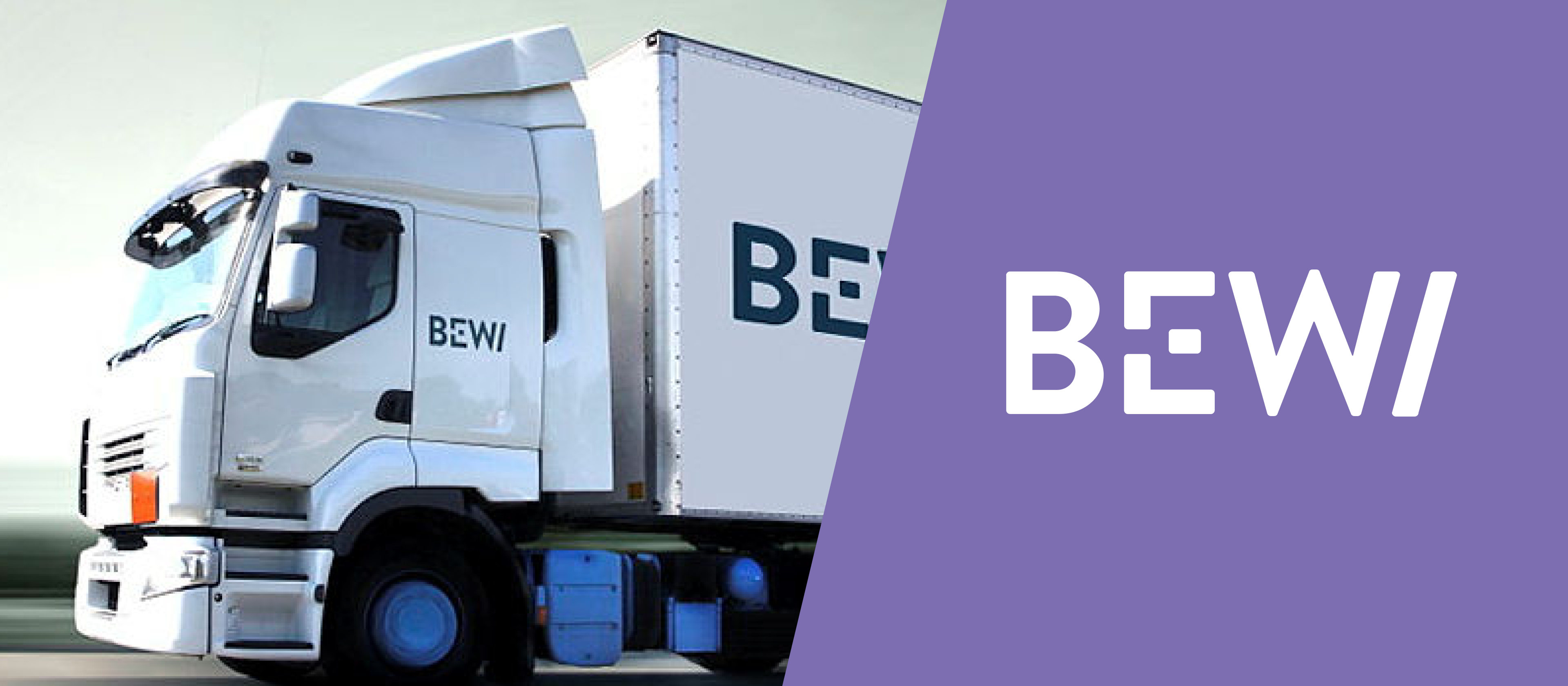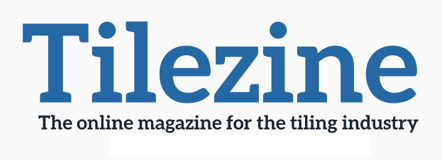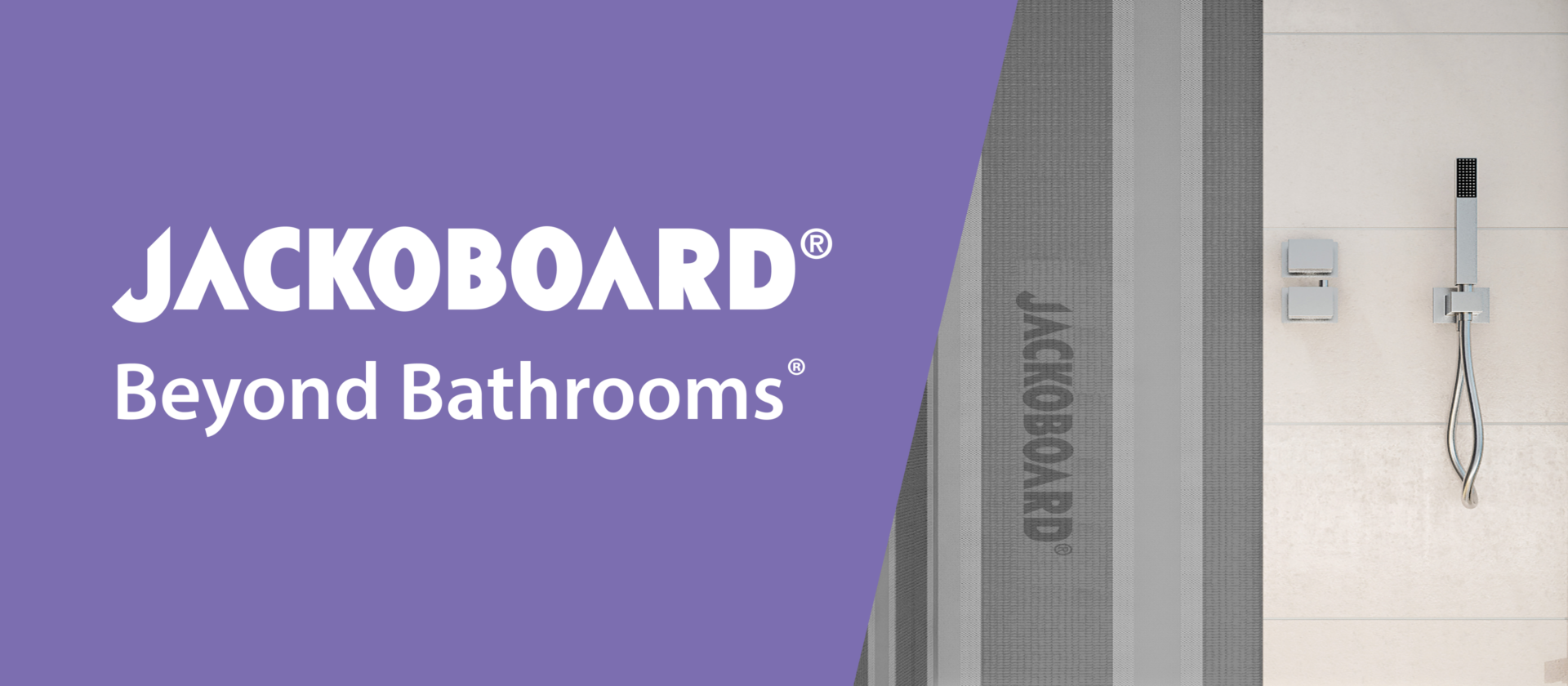Mintel announces seven key consumer trends for 2017
The key trends and products set to make an impact on consumer mindsets in the coming year have been revealed as Mintel highlights the seven key consumer trends set to impact Europe in 2017.
Here, Mintel’s Senior Trend Consultant Richard Cope and Manager of Trends Catherine Cottney discuss the European consumer trends set to impact the market in 2017.
Talking Shop
Brands are utilising platforms like Snapchat, WhatsApp and Facebook Messenger to instantly connect with consumers and offer superior levels of customer service.
Catherine Cottney, Manager of Trends, said: “Social media platforms are growing in popularity as secure and trustworthy communication channels connecting brands and consumers. Mintel research highlights the extent of their popularity, as in Italy, 59% of consumers say they would like to be able to contact customer service through an instant messenger, while in the UK, 27% of consumers say they would find it useful if they could contact brands via messaging apps such as WhatsApp. And in Germany, a quarter (24%) of consumers say they would like to be able to use an instant messenger service to contact a customer advisor online. As the software that powers platforms improves and becomes more nuanced, these forms of communication will mainstream in the customer service sector and we’ll see people increasingly speak to brands as easily and as informally as they would with their friends.”
Right Here, Right Now
Brands are using new technology to help consumers decide what to buy, watch, do or eat, based upon pending timeframes from the next 30 minutes to the next 48 hours.
Catherine Cottney, Manager of Trends, said: “Pokémon Go’s widespread popularity, coupled with further improvements in geo-location and beacon technology, will have a knock-on effect on how people interact with their immediate surroundings and how they search for things to do and buy in any given moment. Beacon technology is becoming more powerful and pervasive and it seems consumers can see the benefits of engaging with this type of technology. Indeed, in the UK, 29% of Millennials would be happy to share their real time location with brands they like in order to receive nearby offers.”
Seamless Spending
Thanks to the simplicity and convenience they offer, people are embracing new payment methods such as contactless cards, smartphones and wearables in record numbers.
Catherine Cottney, Manager of Trends, said: “Growing consumer confidence in technology born of familiarity, along with technological advances and product launches will increase adoption of new payment methods. Already, 30% of UK consumers feel comfortable about the potential for a completely cashless society, while 29% say that it is more convenient to pay for things using a smartphone than other payment methods. In 2017, we will see mobile payment schemes gain greater traction. We will also see existing wearables expand to incorporate payment capabilities.”
Airpocalypse Now
Air pollution is harming us right now and consumers will start investing more in pollution protection products, whilst brands endeavour to be part of the solution, not the problem.
Richard Cope, Senior Trend Consultant, said: “Consumers are wising up to the killer in their midst – air pollution. In 2017 and beyond, expect to see European consumers take a lead from China with their interest in pollution protection products. Mintel research reveals high ownership of masks (83%) and air purifiers (56%) in China, indicating that protection against pollution is a major concern. Using houseplants (52%) and air quality index monitoring (33%) to counter pollution is also commonplace behaviour.”
Cultural Social Responsibility
Public funding in Europe is in crisis, and yet the region contains the highest number of UNESCO World Heritage sites. Brands are stepping in to fund restoration and repair work.
Catherine Cottney, Manager of Trends, said:“As austerity bites and the cost of conserving, renovating and paying for the general upkeep of cultural monuments and institutions increases, we’re seeing brands get more involved in funding or sponsoring maintenance and preservation. “From a brand point of view, lack of funding is creating an opportunity to tap into current feelings of nationalism in a positive and non-divisive way. This enables companies to transcend national boundaries by supporting causes across different markets and get involved in a more tangible way in local communities.”
The Sweet Hereafter
The UK is the latest country to declare a sugar tax, signifying a growing challenge for European brands: how to deliver the future of sweetness going forward.
Richard Cope, Senior Trend Consultant, said: “Ahead of the UK’s April 2018 sugar tax, international soft drinks brands are already scrambling to reformulate and innovate. Mintel research reveals that sugar’s bad press is already impacting on behaviour across Europe, with more than six in 10 Polish (63%) and Spanish (63%) consumers telling us that they are actively reducing their consumption of, or are actively avoiding, sugary foods. This is followed by 60% of Italian consumers, 55% of French and 54% of German consumers. Rather than contest the legislation, carbonated soft drinks will continue to downsize can and bottle sizes and reformulate with non-sugar alternatives. 100% fruit or milk based drinks will not be impacted, so can be expected to compete more strongly by not having to hike up their prices, regardless of their sugar content. However, there is the possibility that some of the afflicted carbonated soft drink brands might start aggressively comparing their reformulated, reduced sugar options with the levels of intrinsic sugar in the untreated milk and fruit juice products of those rivals that are exempt from the tax.”
Ascending Africa
Africa’s rising GDP and improving infrastructure are making it an increasingly credible and powerful trading partner.
Richard Cope, Senior Trend Consultant, said: “In 2017, Europe will start to buy in and reach out to the benefits of Africa’s growing middle class and rapidly improving connectivity, which is helping people access credit to start up their own businesses. A host of factors are raising Africa’s prospects, including its youthfulness, its growing independence and burgeoning middle class. We are already witnessing a growing interest in African produce. Indeed, according to Mintel’s Global New Products Database (GNPD) between 2011 and 2015 the percentage of food and drink products launched globally containing an African ingredient increased by 41%. The majority of food and drink brands have launched ranges catering for – or nuanced towards – the African market.”


